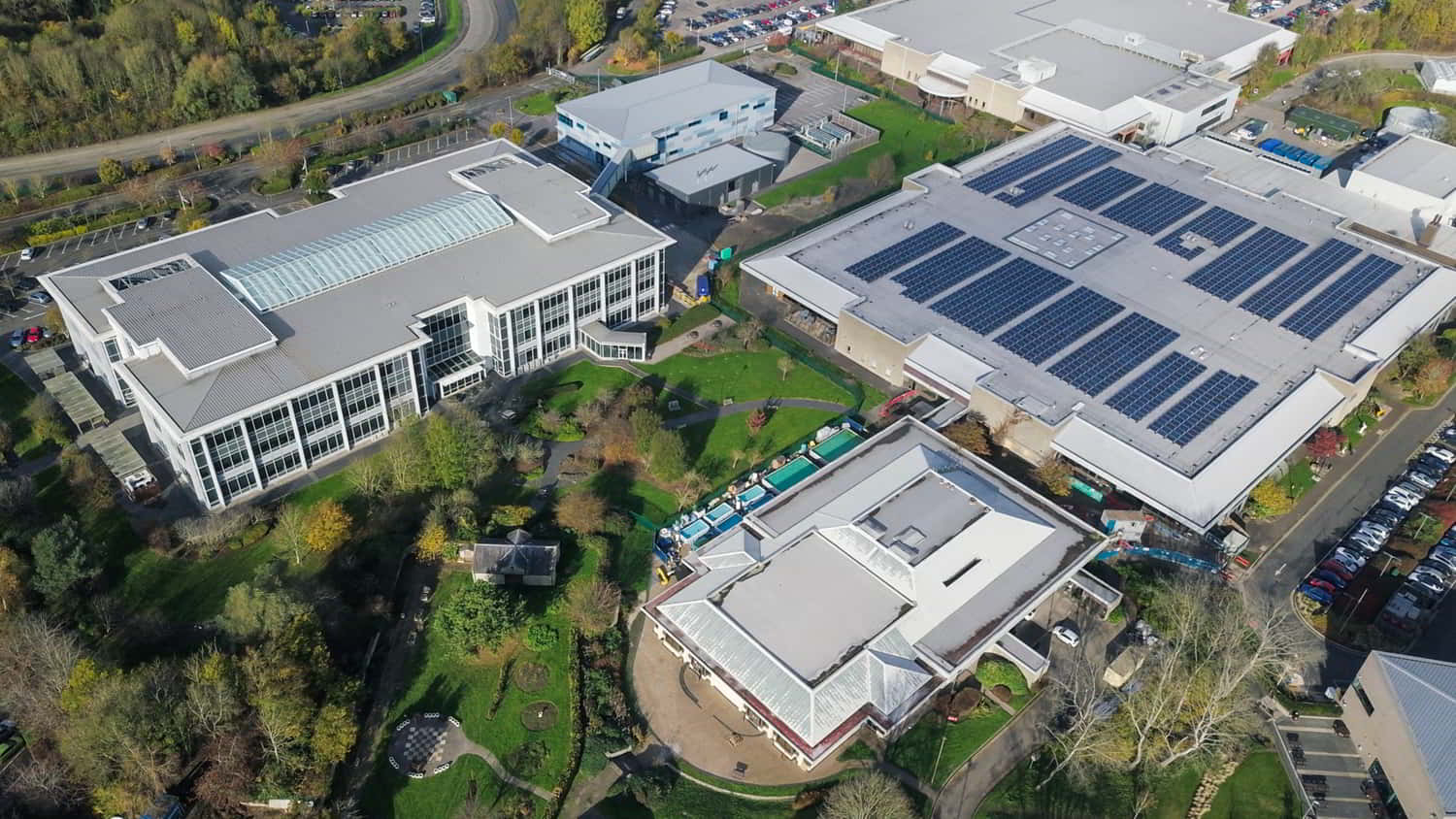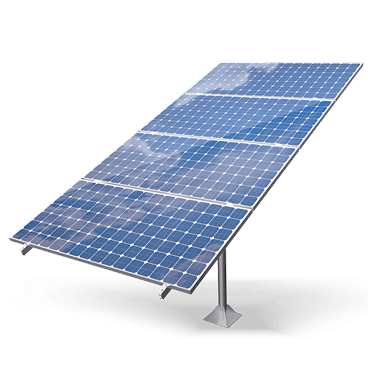Industrial Rooftop
- Jaimax Sunbim Private Limited
- Industrial Rooftop
Industrial Rooftop
Looking for a cost-effective and eco-friendly way to power your factory or warehouse? Industrial rooftop solar systems are the perfect solution. By installing solar panels on unused rooftop space, businesses can generate their own electricity, reduce power bills by up to 70–90%, and lower their carbon footprint. Industrial buildings usually have large rooftops, making them ideal for high-capacity solar setups. These systems are low maintenance, offer a quick return on investment, and qualify for government subsidies and tax benefits. Whether you’re in manufacturing, logistics, or any other sector, rooftop solar helps you cut costs, save energy, and move toward a greener future.
Save Big, Go Solar – Power Your Industry with Clean, Renewable Energy!

Benefits
- Big Savings on Electricity Bills
- Energy Independence & Stability
- Lower Operational Costs & High ROI
- Eco-Friendly & Improves Brand Image
- Government Subsidies, Tax Credits & Income from Net Metering
- Low Maintenance & Durable
- Efficient Use of Large Rooftops & Daytime Alignment
- Increases Property & Asset Value
- Strengthens Grid & Supports Sustainability Goals
- Earned Revenue Through Selling Excess Power
Advantage of Our Company
Government Subsidies Assistance
Expert Installation Services
Financing Options
Real-Time Monitoring Systems
Residential Project Work
Frequently Asked Questions
Will solar panels damage my industrial roof?
No, when installed by professionals, solar panels are completely safe for your roof. Special mounting structures are used that don’t puncture or damage the roof surface. In fact, solar panels can protect the roof from direct sunlight and reduce weather-related wear over time.
How long do solar panels last on industrial buildings?
Solar panels are built to be strong and durable, with most brands offering a lifespan of 25–30 years. Performance warranties typically ensure at least 80% efficiency even after 25 years, making them a long-term, low-maintenance energy solution.
What happens if we need to repair or replace the roof?
Panels can be safely removed and reinstalled if roof repair or replacement is needed. This process is straightforward and is usually handled by the original installer or maintenance provider.
Is my industrial roof strong enough for solar?
In most cases, yes. Industrial rooftops are often made to bear heavy loads. Still, a structural audit is recommended before installation. Panels usually add about 15–20 kg per square meter, which is manageable for most commercial structures.
Do solar panels still work on cloudy or rainy days?
Yes, solar panels continue to work in less-than-perfect weather. While efficiency may drop slightly during cloudy or rainy days, they can still generate useful power. The system automatically switches to grid power when solar generation is low.
What kind of maintenance is required?
Maintenance is minimal. Usually, panels need to be cleaned 3–4 times a year to remove dust and debris. Inverter and wiring checks should be done once a year. Many providers also offer AMC (Annual Maintenance Contracts) for convenience.
What are the financial and tax benefits?
Businesses can enjoy accelerated depreciation (up to 40%), capital subsidies (depending on state/central schemes), and net metering benefits where extra power is sold back to the grid. The return on investment (ROI) usually occurs within 3–5 years, after which energy is nearly free.done once a year. Many providers also offer AMC (Annual Maintenance Contracts) for convenience.




